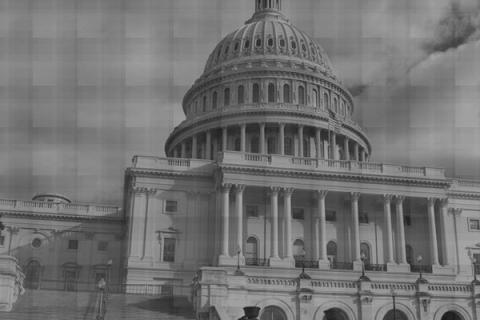In a bizarre series of recent events within the political world, Massachusetts citizens elected themselves a moderate Republican senator in a liberal fortress, thus ending the Democratic supermajority in Congress, and spelling trouble for the Democratic agenda.
While it is premature to label that particular race a harbinger of this November’s congressional midterms as a whole, political fallout can still rear its ugly head into the upcoming California senate and gubernatorial races.
With Massachusetts as one of the most liberal states of the union, electing a Republican senator is nothing short of astounding. Precinct returns in Massachusetts beg the question: Why can’t such a revolution happen in the 2010 California races?
Saying an ousted Boxer isn’t impossible, fellow CAIVN contributor Mytheos Holt presents some very astute observations regarding why a Republican victory in California constitutes an uphill, almost Sisyphean battle.
Among the most compelling factors he offers are: Boxer is an incumbent while Coakley was not; California liberals have several big city strongholds while Massachusetts liberals have only one; and finally, Boxer is more politically savvy than Coakley.
At the same time, the LA Times points out the worry spreading among California Democratic strategists concerning confidence in their own candidates, as well as some concern expressed by Senator Boxer and gubernatorial candidate Jerry Brown. Boxer even acknowledged amongst supporters the “battle” lying ahead for her seat, according to The Times.
Analyzing the situation in relation to the independent voter factor is where circumstances become a bit more interesting.
The Times points out the difference between the Massachusetts and California voter make-up. Independent voters make up a majority of the former. For the latter, they only account for 20%.
There is still quite some time until the elections in California actually take place. The time gap between now and then leaves the availability for independent-minded voters to still register as new voters to boost their poll presence.
It will be interesting to examine whether California voter registration actually goes up, what rate it will go up, and how it will play into final results this November.
When California leaders are expressing concern over their typically safe political power, something odd is taking place. While polls in California show Republican candidates lagging behind, remember that now Senator Brown was also behind in the polls at one point in his campaign as well.
In a state where voter turnout is typically low, this year could be very different in California. Only time will tell.
What happened in the recent elections of Virginia, New Jersey, and now Massachusetts reflects voter discontent in more than one part of the country.
Are you next, California’s leaders?
